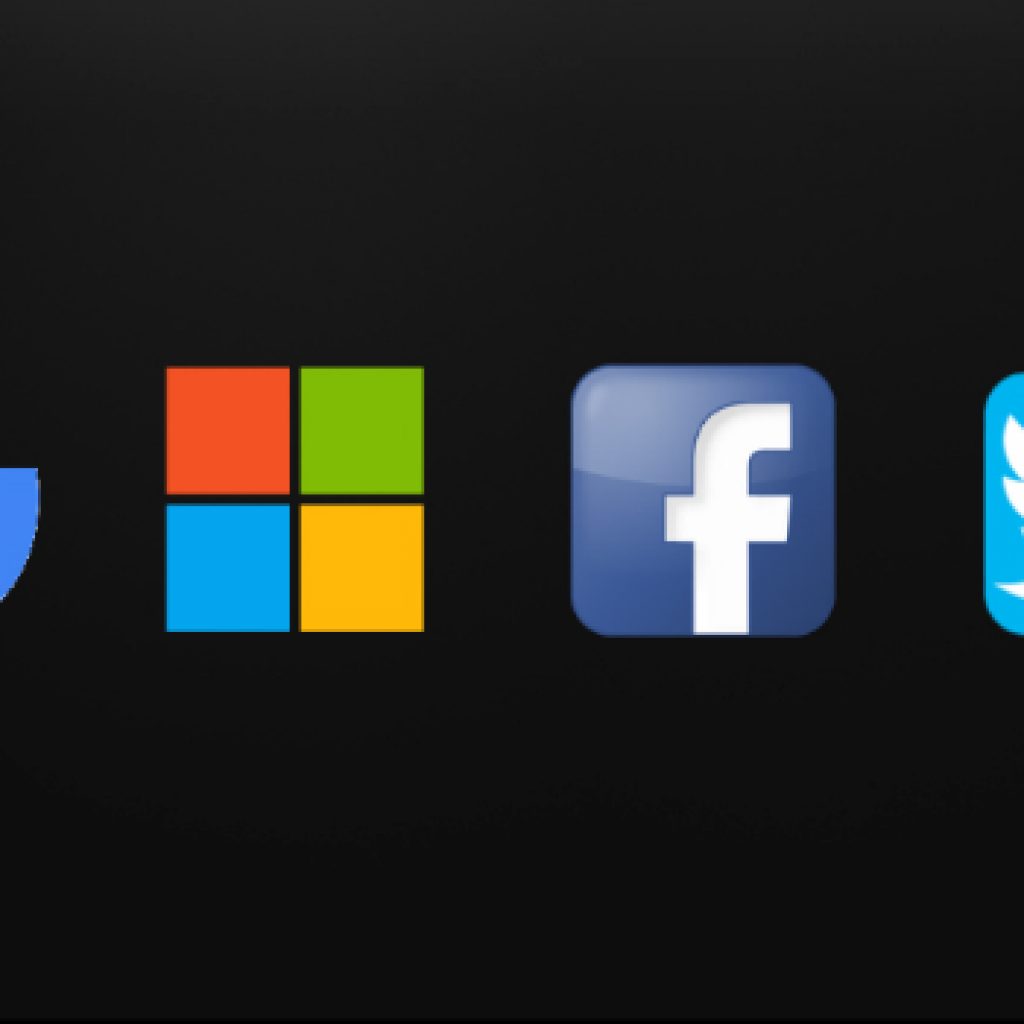
Four of the biggest technology companies are associating together to make it easier for the users to download and transfer their data between services.
Google, Microsoft, Facebook and Twitter formally announced The Data Transfer Project (DTP) today, an open-source initiative to create new tools that ‘enable people to freely move their information across the web without any kind of hassle.
The Data Transfer Project is an open source initiative “dedicated to developing tools that will enable consumers to transfer their data directly from one service to another, without needing to download and re-upload it.”
With portability and interoperability as the goal, this reduces the problem of switching especially for people with limited data and then manually upload it to another product. With the option of “Download Your Data,” Google allows its users to get a copy of their data if they ever want to switch to another service.
This initiative involves companies that develop tools to “convert any service’s proprietary APIs to and from a small set of standardized data formats.” At launch, there are “adapters” for seven different service providers across five different types of consumer data.
This also consists of a number of security features which are in a place like independent authentication (required from both accounts information is being transferred from and to), as well as explicit user approval.
Additionally, the open source nature of the project will allow third-parties to verify data isn’t being collected or used for profiling, while users can also download and run the framework by themselves.
The Data Transfer Project was first envisioned in 2017, it is an open-source, service-to-service data portability platform which grants users the flexibility to transfer their data across different services.
Google, along with Twitter, Facebook, and Microsoft, is now taking this step further by directly transferring data between different products to make switching seamless. They are now focusing on the more flexible “data portability ecosystem.”
